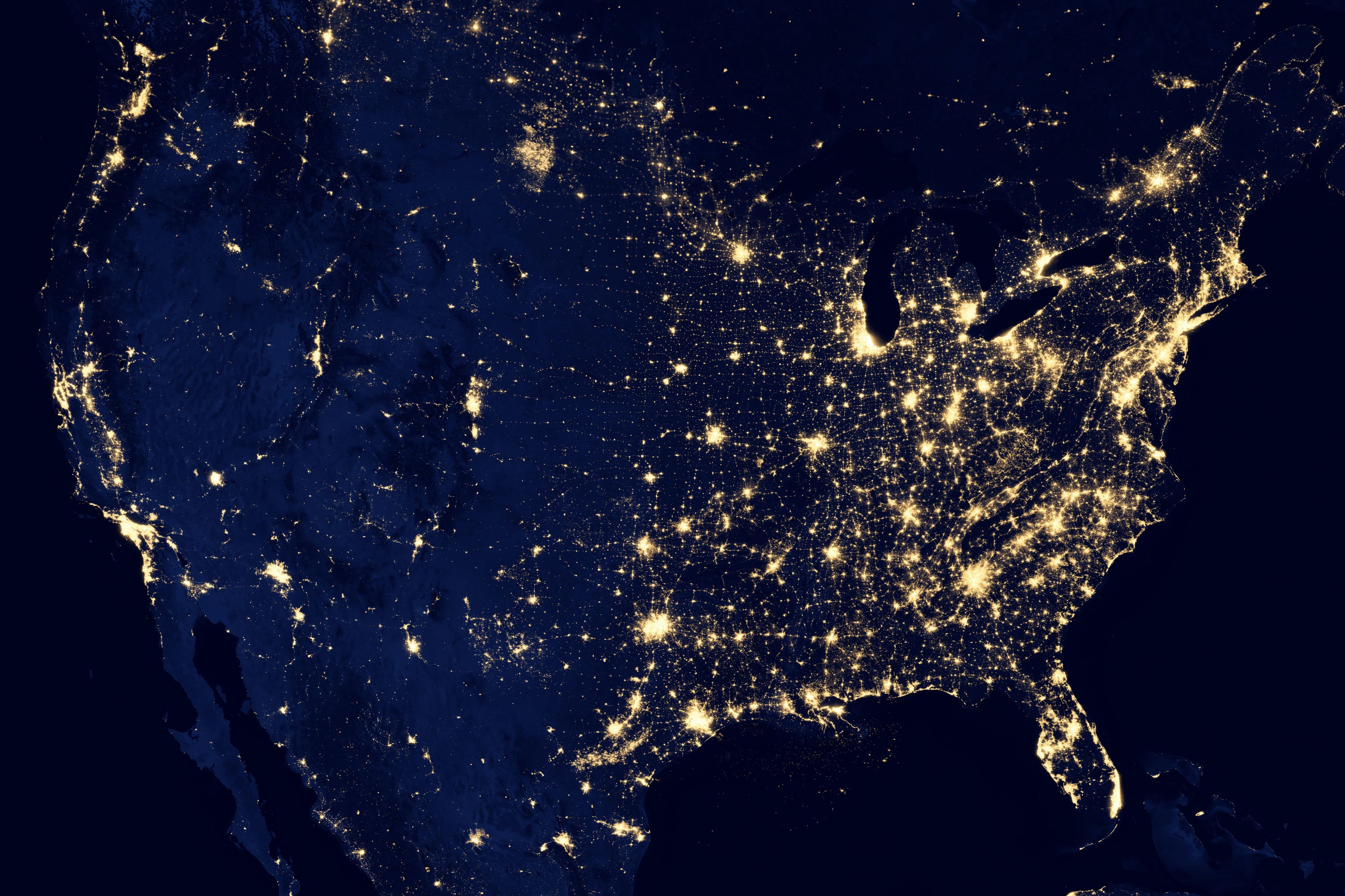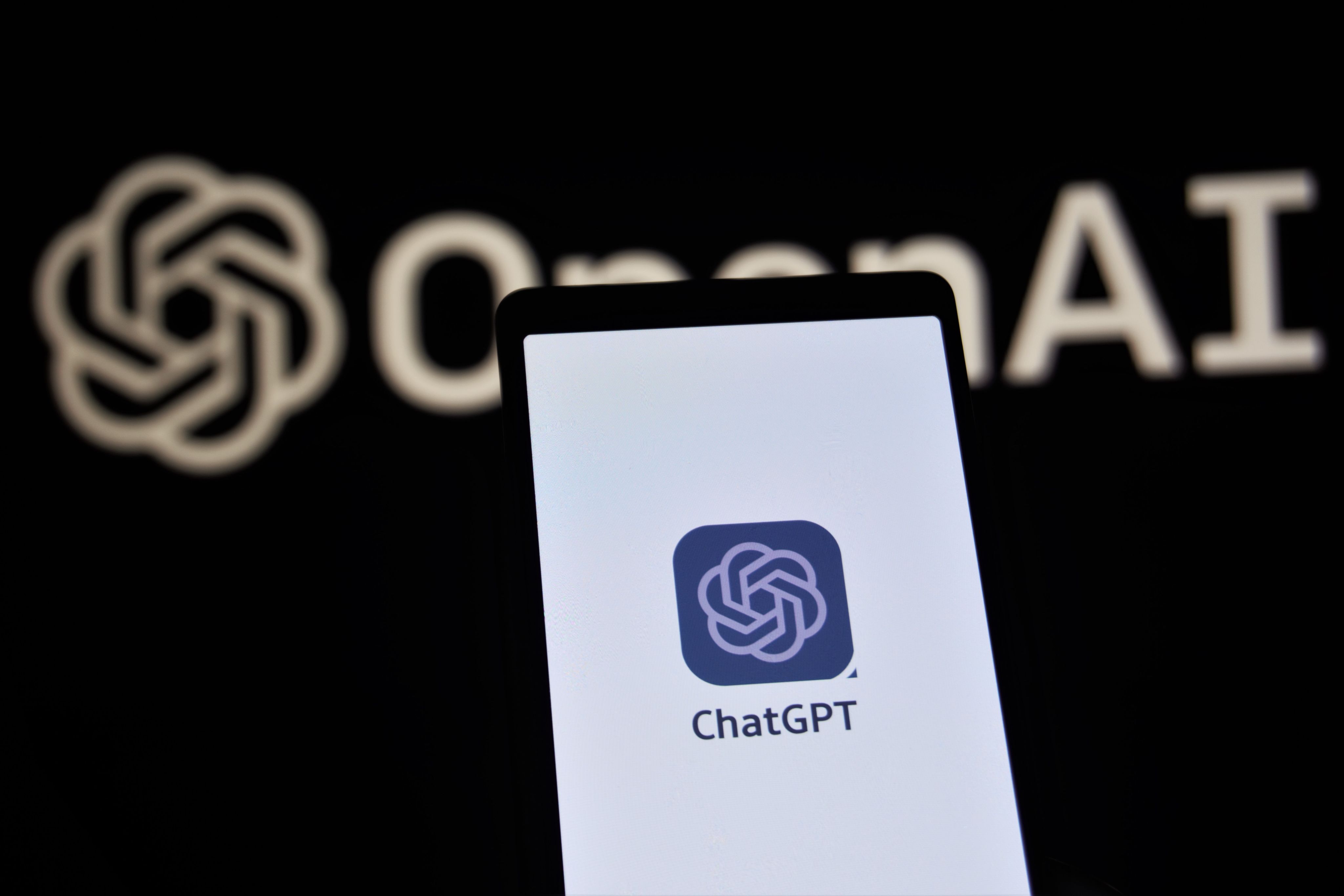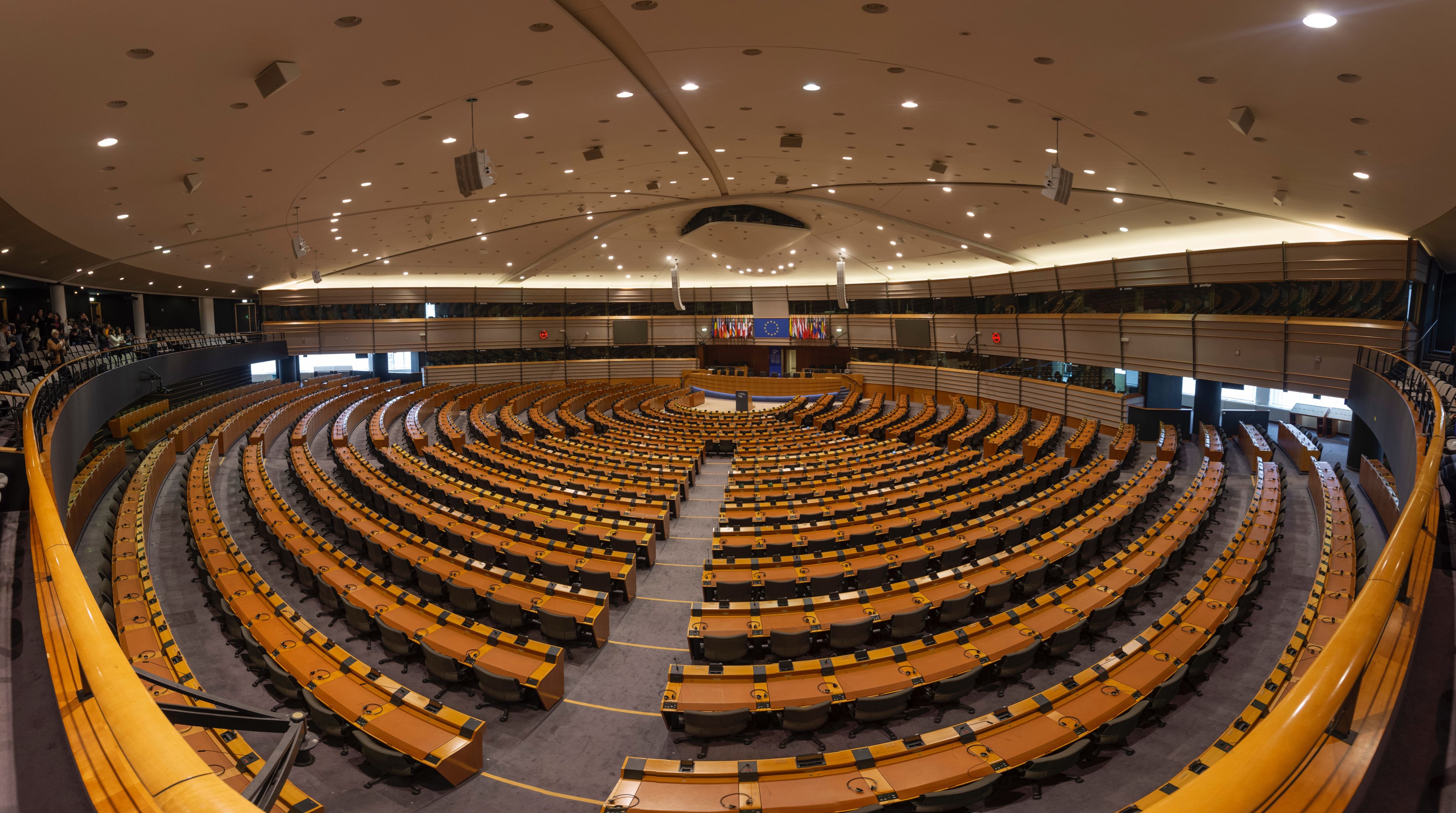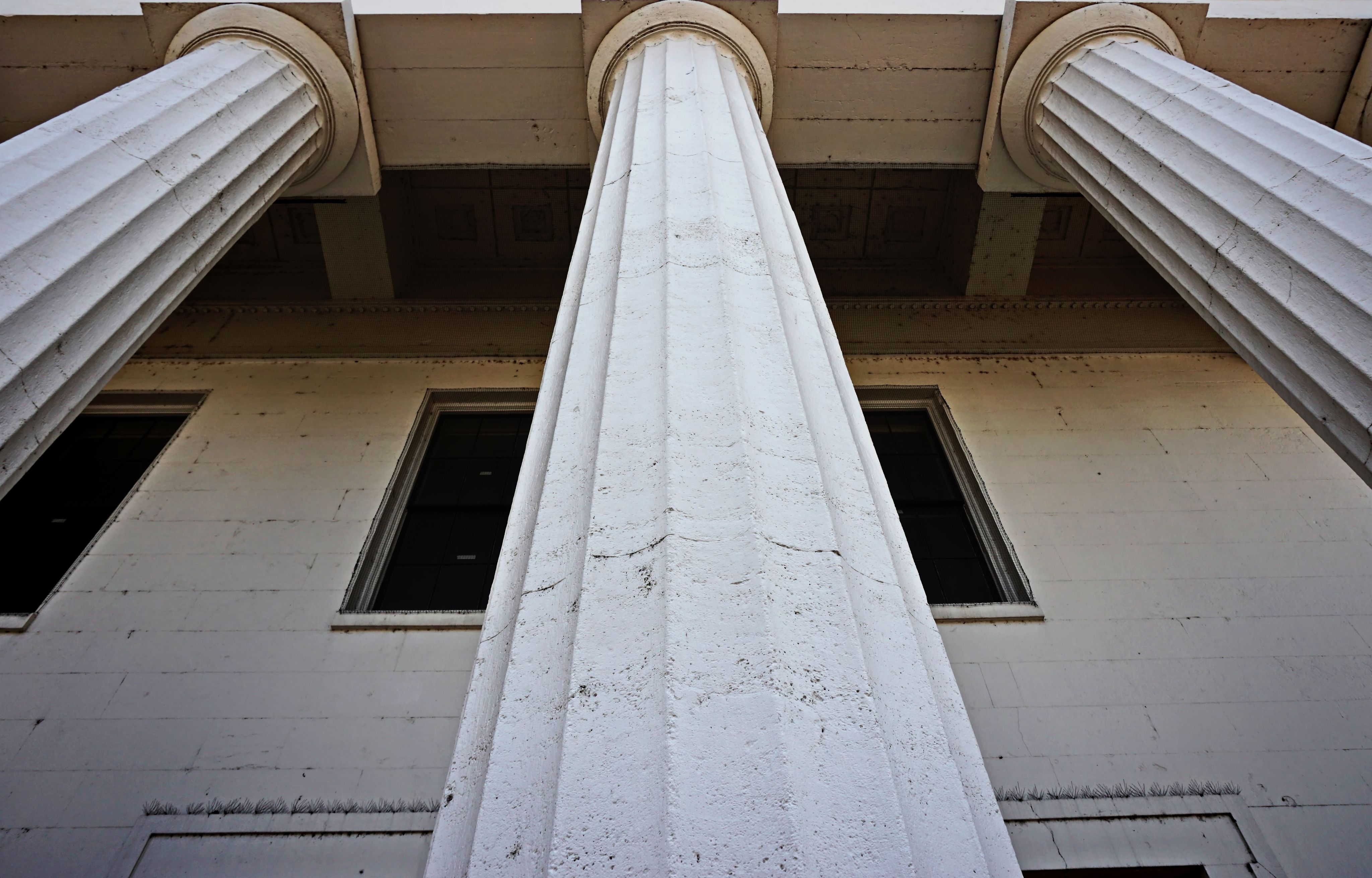MLex® exclusive:
Clearview AI founder Hoan Ton-That on weathering a global regulatory storm, and the road ahead
MLex® exclusive:
Clearview AI founder Hoan Ton-That on weathering a global regulatory storm, and the road ahead
Even as it surpasses a database of 40 billion faces to train its algorithms, the founder and chief executive of Clearview AI told MLex® in an exclusive interview that it isn't going back to doing business in Europe, the UK, Canada or Australia, where the controversial facial-recognition startup has faced regulatory opposition. In the US, however, Clearview has put many of its most thorny legal problems behind it, according to Hoan Ton-That.
Tune in to the interview below—or keep scrolling for key insights from MLex correspondents Mike Swift, James Panichi and Ryan Cropp.
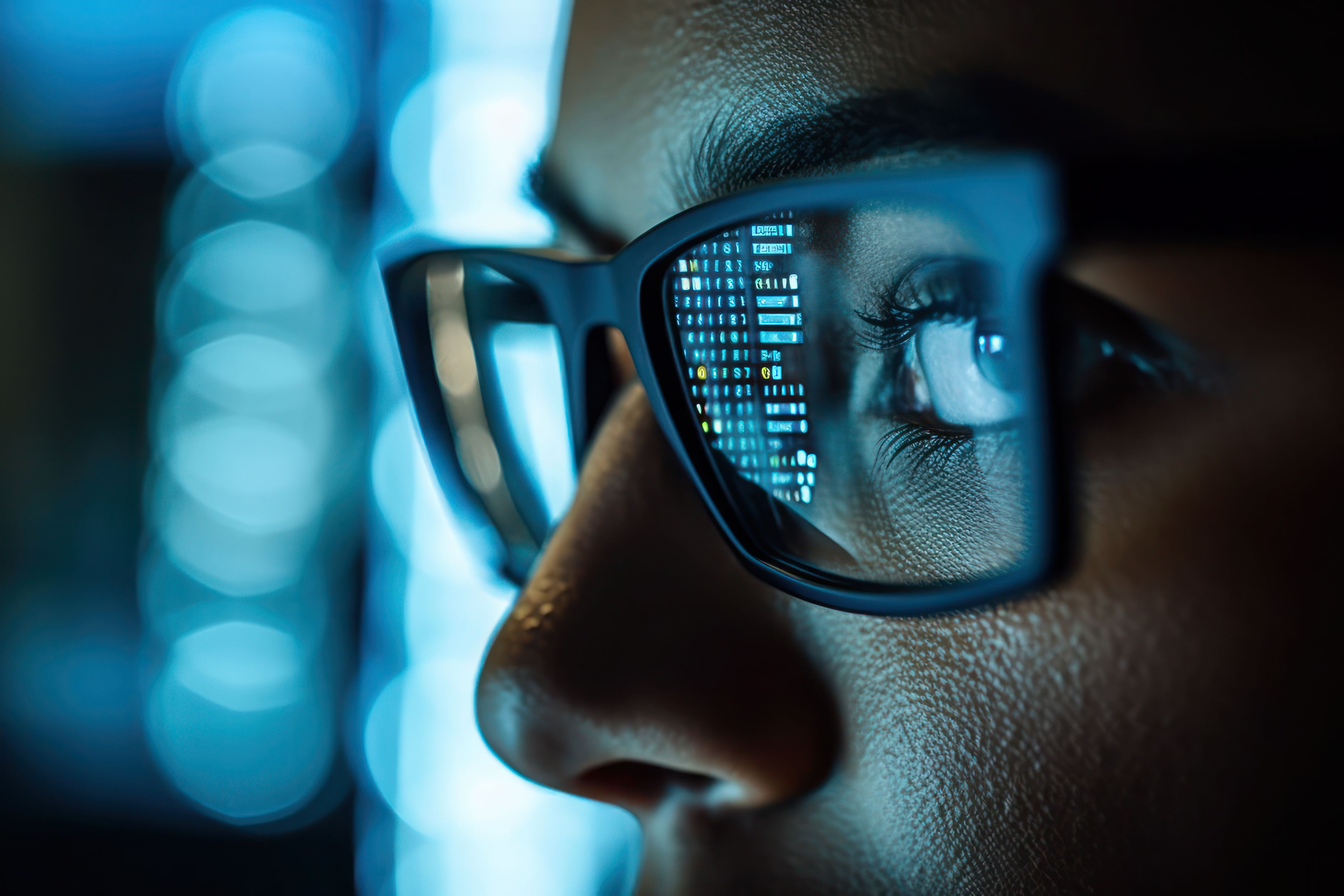
Clearview AI has reached 'turning point' with US legal challenges, CEO says, but won't return to EU, UK
24 January 2024
By Mike Swift
The controversial US facial-recognition startup, which has spent much of the last three years in court battles in the US and in a face-off with regulators in the EU, UK, Canada, and Australia, is in a good place in terms of regulation, having resolved most of its legal troubles in its home country and built a roster of US law enforcement customers, its founder and chief executive told MLex.
“We've been in the eye of the storm,” Hoan Ton-That said in an extended interview. “I think today, we've gotten through a lot of misconceptions on a media-perception level about how facial recognition is really used. And I also think we've, you know, achieved a turning point now with our litigation.”
Ton-That can say that because Clearview recently reached a settlement in class-action litigation alleging the company violated the Illinois Biometric Information Privacy Act — perhaps the strongest US biometric privacy law. Clearview also won a ruling in December in litigation brought by Vermont’s attorney general, with a judge acknowledging benefits such as identifying rioters who attacked the US Capitol in 2021 in deciding she couldn't rule that the privacy cost of its scraping of Vermonters’ faces from the Internet outweighed those benefits.
The proposed Illinois settlement in particular “is a really big deal for us, because there's potentially a lot of liability there. And it's a very strong statute, as everyone knows in the privacy world,” Ton-That said.
With European lawmakers close to finalizing the AI Act, a comprehensive 892-page regulation that limits the use of facial recognition and other uses of AI, Ton-That said he doesn’t see Clearview returning in the foreseeable future to Europe, Australia or other countries where it faced regulatory challenges, although he says he hears frequently from law enforcement agencies in the UK and Europe that want to use its services.
“I don't see anything changing. And we have the EU AI Act and other things like [the General Data Protection Regulation], where I think Europe is taking a different view on not just data privacy, but AI and technology in general,” he said.
“We don't do business in the EU, Australia, the UK or Canada,” Ton-That said. He said the ruling Clearview won this fall from a UK appeal court against the country’s Information Commissioner Office “basically affirmed what we believed all along — that we're not subject to jurisdiction by these foreign countries, as we don't do business there.”
Ton-That said it was US federal agencies, particularly the US Department of Homeland Security and the FBI, that helped create the demand for Clearview’s facial recognition algorithms beyond the US.
Homeland Security and the FBI “showed it to law enforcement from all around the world. And so we had requests for demo accounts from Australia, Canada, the UK and parts of the EU, and they were saving children with it,” Ton-That said. “So, some of these UK agencies, it's heartbreaking for them to e-mail us and say, hey, you know, we really would love to use you for a case.”
The focus on the US is serving Clearview well, Ton-That says, and even though more than a dozen US states have passed privacy laws, those new laws in general have an exemption for law-enforcement uses that allow the company to provide its services.
“We've been growing quite quickly, especially in our state and local business now, in the US,” he said. “The federal business is really growing as well. It's also at an inflection point where a lot of these US federal government customers have gone through their privacy policies, training policies around facial recognition.”
Ton-That declined to share the number of US law enforcement agencies using its services. But he said Clearview’s meetings with regulators, state attorneys general, members of Congress and the media about benefits such as identifying Jan. 6 seditionists, Russian war criminals in the Ukraine and other anti-crime uses are winning it support.
“That, I think, has put a lot of people who were skeptical about the technologies and the intentions of the company really at ease,” he said. “So, yeah, I think it's still just really the beginning for us as a company.”
More faces
With Clearview the subject of a bestselling book by New York Times reporter Kashmir Hill, however, there are still major concerns from privacy advocates. In November, Consumer Watchdog asked California’s attorney general and the California Privacy Protection Agency to investigate whether Clearview violated the right to privacy guarantee in the state constitution.
“Clearview AI’s facial recognition software represents a clear and present danger to our societal norms and our privacy,” Consumer Watchdog said, adding that Clearview is illegally collecting the facial data of children and not complying with California’s state privacy law to opt-out of the collection and sale of personal data.
Both CPPA and the California Department of Justice declined to confirm or deny whether they are investigating the consumer advocate’s allegations.
Ton-That said in response to Consumer Watchdog that Clearview is “fully compliant with California law, including law relating to the data of minors, and has completely and effectively opted-out many Californians.”
One key criticism of facial recognition technology is that it is biased because it's more likely to misidentify racial minorities and women. The relentless growth in Clearview AI’s database from 3 billion facial images in 2020 to more than 40 billion faces to train its algorithms feels ominous to those who fear a dystopian future of Orwellian screens that watch people instead the other way around.
Ton-That argues, however, that Clearview’s vast and growing catalogue of faces makes people safer, and will ultimately result in police making fewer mistakes and interactions with people on the basis of race.
“The reason why we've got more and more accuracy is because we use more and more training data,” he said. Like other AI technologies such as OpenAI’s ChatGPT, “a lot of the advances come from, 'let's try 10 times the amount of training data to see if that accuracy goes up.' And that typically works really well. And that’s accuracy across all demographics, right?”
Clearview’s app is now accurate in identifying a person 99.85 percent of the time, which “is much better than the human eye,” Ton-That said.
Unique path
Ton-That says he’s not in the business for money but for impact. An accomplished guitarist whose mother wanted him to become a professional musician, he grew up in Australia but left for Silicon Valley at age 19 after one year of university. “I didn’t really enjoy it,” he said of school.
He spent eight years in Silicon Valley and had some successes developing games. But after a while he became disillusioned about the Valley mantra that software startups are “changing the world.”
“I was working on consumer apps and games and things like that. And you could look at those and say, ‘Oh, wow, people have played, you know, five lifetimes of your game.’ And it's cool, but it's not satisfying,” he said. “A lot of people talk about changing the world in the Bay Area, but not many of them really, actually mean it. So over time, you do get a little jaded there: ‘Oh, that guy is changing the world.’ No, he really wants a pay day.”
Ton-That got into facial-recognition technology with the idea of selling it for automated building security, not-crime fighting. He said a former police officer suggested he provide the Clearview app to police departments.
“And you know, they started solving crimes,” he said. “And that's when I realized, yeah, we're unironically changing the world. And I think that it's a rare thing to have in a startup company."
Scraping
Asked if he thinks people should be able to have an expectation of privacy or anonymity in public, Ton-That said he believes the legal answer to that question is no, but he acknowledged “on human-feel side, it's a little different.” He said it is a question about how facial-recognition technology is used.
“I think law enforcement and government, especially with the way the Fourth Amendment [of the US Constitution] is done, and other protections are in place, they use the technology when needed and judiciously,” he said.
One of the key differences between Clearview AI and other facial recognition technologies, Ton-That said, is Clearview’s model of scraping billions of facial images from payment apps such as Venmo and social media platforms such as Facebook and Instagram. The autonomous scraping of data remains a legal gray area, with a federal judge in California handing down a ruling just this week that one major scraping operation of Meta Platforms was legal.
“I mean, the simple answer is, it's public, right?” Ton-That said of Clearview’s scraping. “I do think Venmo made a mistake, honestly, by having profiles be public by default.”
Tuesday’s decision by US District Judge Edward Chen found that Bright Data, an Israeli data scraping company, acted legally in scraping Meta Platforms such as Facebook and Instagram because its wasn’t doing the scraping through logged-in accounts, in violation of Meta’s terms of service.
Because Clearview didn’t do its scraping of Venmo, Facebook or other platforms “while creating an account to break the terms of service,” but only through what industry and Chen referred to as logged-out crawling, “we think we're fine there as well,” Ton-That said.

Clearview AI’s hands have been left tied by Australian privacy ruling, co-founder says
24 January 2024
By James Panichi, Ryan Cropp and Mike Swift
The founder of controversial facial-recognition company Clearview AI has pushed back at an order from the privacy watchdog in his native Australia to purge his global database of all locally gathered images, suggesting that the ruling was inconsistent and impossible to achieve.
In an exclusive interview with MLex, Clearview Chief Executive Officer Hoan Ton-That said it would be impossible to expunge photos of Australian citizens from Clearview’s database because there’s no way of determining the nationality of people appearing in a photo.
Ton-That also said if the 2021 ruling by the Office of the Australian Information Commissioner, or OAIC, only applied to images scraped from servers located in Australia, then this wouldn’t cover all scraped images that had been uploaded to US-based platforms.
“Australian people could be on Instagram or Facebook, where it is public, and those servers are hosted in the United States,” Ton-That told MLex.
“So, there are a lot of interesting questions about how these things could apply cross-jurisdictionally,” he said. “But also, for us, in practice — how do we even know? We are just collecting public data that comes to us and it’s only used in the context of solving crime.”
Ton-That’s comments suggest that Clearview is grappling with the OAIC’s November 2021 determination, which ordered the image-scraping company to end the trial of its technology with Australian police forces and to delete all images collected “in Australia”.
In his interview with MLex, Ton-That said the OAIC’s determination, along with the subsequent review of the decision by Australia’s Administrative Appeals Tribunal, compelled the company to purge its database of all images of Australian citizens.
This, Ton-That said, is simply impossible for Clearview to achieve.
“I would say that there's no way for us, from a certain photo — imagine you're at a party and there's a group photo with you and your friends on Instagram — to know if that particular person or that face is an Australian citizen or resident,” he said.
“So, unless we have — and we don't have — citizenship data tied to photos, there's no way for us to really know if someone's Australian or not,” he said.
However, it’s unclear whether the OAIC’s 2021 order, supported by the Tribunal’s review, requires Clearview to delete images of Australian citizens or residents. The determination merely demands that Clearview “destroy all scraped images … it has collected from individuals in Australia.”
This, according to Ton-That, either suggests that all images of Australians should be destroyed, or that all images stored on Australian servers be destroyed. The latter interpretation would exclude anything uploaded from Australia to US servers of most tech giants.
“I think the only thing that the judge ruled … was to just prevent the collection of data from Australian IP addresses — so, if a server is located in Australia,” Ton-That said.
In response to questions from MLex, the OAIC agreed that the Tribunal’s review did identify the collection of servers located in Australia as falling under the purview of the Privacy Act.
However, the OAIC said that if Clearview continued to operate in Australia after the Act was amended, on Dec. 13, 2022, then the collection of Australian images uploaded to foreign servers could also be captured.
And the prospect of Clearview not adhering to the provisions of the amended Section 5b of the Privacy Act, which outlines the law’s extra-territorial arrangements, hasn’t been lost on Australian Privacy Commissioner Angelene Falk.
A spokesperson for the commissioner told MLex that Falk was “alert to media reports that Clearview continues to carry on business in Australia, and is considering her options in respect of that issue.”
‘Carrying on business’
Ton-That’s comments to MLex suggest that Clearview is still unclear about how to respond to the OAIC declarations — despite a legally binding undertaking it had been required to sign within 90 days of the privacy enforcer’s order.
“I’m from Australia, so it is heartbreaking that the country that I’m from decided that this is the technology that they don't want in the country, even though … there's been success really early on from different police agencies in Australia,” he said.
Ton-That also reiterated earlier claims that Clearview can’t be seen as “carrying on business in Australia” — the wording of the 1988 Privacy Act that determines whether foreign companies come under the purview of the law.
“We’re not in the jurisdiction of Australia. We don’t do business there,” Ton-That said, echoing arguments put to the Administrative Appeals Tribunal in December 2022.
Clearview claims that, since December 2022, the only activity it carried out in Australia was the collection of images of Australians and the collections of images and some meta-data from servers in Australia. As such, Ton-That told the tribunal that the company couldn’t be seen as “carrying on business.”
However, in its ruling, the Administrative Appeals Tribunal said that while lawmakers’ decision to use the wording “carrying on business in Australia” in the Privacy Act may be questionable, it nonetheless suggested that what happens “in Australia” fell under the scope of the law.
In particular, the Tribunal said acquiring images from websites with a .au domain name amounted to carrying on business in Australia, as did the acquiring of images from servers located in Australia.
This interpretation of the law was boosted further in March 2023, when the High Court of Australia, the country’s supreme federal court, ruled in favor of the OAIC in the unrelated Cambridge Analytica lawsuit targeting Meta Platforms.
A total of four Australian police forces either registered Clearview accounts or are known to have trialed the facial-recognition software to identify suspects in criminal investigations: Australian Federal Police, Queensland Police Service, South Australia Police and Victoria Police.
In December 2021, the OAIC reprimanded the federal police force, saying it had breached its obligations under the Privacy Act when it agreed to trial the controversial image-scraping technology in 2019.
For access to breaking news and predictive analysis on AI and data privacy regulation from our specialist journalists across the world, start your free trial today.

More from MLex
